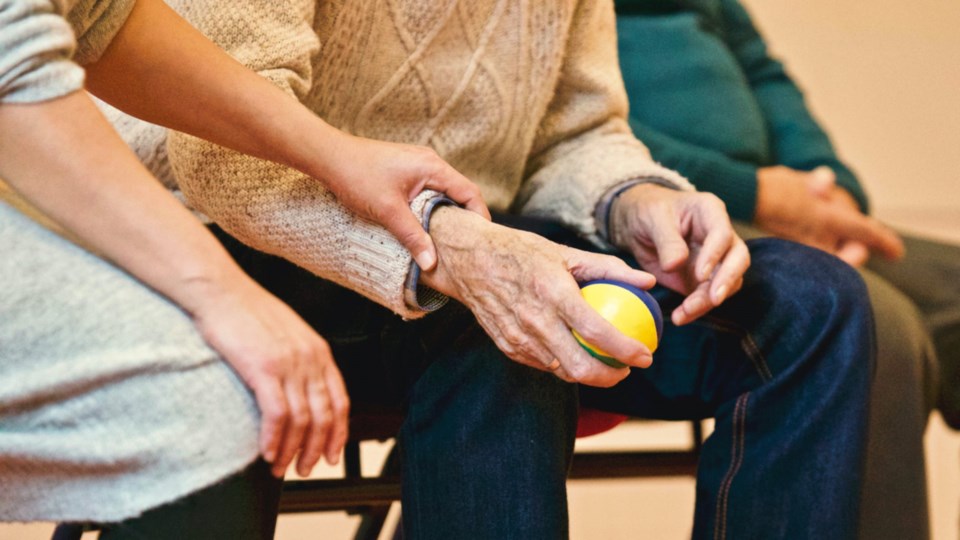I shared with you several weeks ago that a family member was recently diagnosed with Alzheimers.
Without bombarding you with information, I thought it might be helpful to update you once in a while about how things change and progress.
It's called the long goodbye. It's also the disease that keeps on taking.
What I have found to be the saddest thing is when my relative told me the best of life was now over.
There would likely be no more vacations, and things that were done as a family are just not the same.
It was shared with me that things that used to bring joy, such as working around the house, decorating, shopping, dining out and going on day trips, just don't feel right. Nothing is quite as carefree. Every outing becomes an effort.
What really broke my heart was that this sense of loss and despair didn’t come from the Alzheimer's patient. It came from his wife, who is his primary caregiver.
She doesn’t have the disease, but she's suffering just as much if not more. I see the toll it all takes. I don’t care how much you love someone or how devoted you may be, it is a burden.
All of the chores now fall to you. There’s home maintenance, landscaping, bills, cleaning, cooking... Organizing appointments is no longer a 50/50 proposition. It is all on one person.
If you are someone who has a hard time accepting help, this situation is made even more difficult. People do offer to help, but in the eyes of the caregiver, the effort it takes to get the person ready for an outing is just another job.
You need to get the person groomed and dressed.
And then you do the checklist: cellphone, coat, keys, glasses, Kleenex, wallet, water bottle...
An afternoon respite usually means a couple of hours. While the offer is both generous and well meaning, a short amount of time doesn’t really give the caregiver much of a chance to recharge.
Truth be told, nobody else is required to help out.
In this case, it's not time yet for adult daycare or in-home assistance.
Every case is unique. In our case, the family member’s body clock is all out of whack. He barely sleeps. That also puts a physical and mental toll on the partner.
You need an abundance of patience in dealing with constant questions and all the pacing, and when you’re sleep deprived that is difficult.
Every day is a new issue. Emotions run high. You are mad, sad, angry and frustrated.
As symptoms change, you definitely need to learn the art of the pivot.
As with basically every disease, it will impact all family members. The suffering is shared. Life has been forever altered.
It doesn’t mean there won’t be more good times and more memories to be made, but only one of you will remember.
It is just that the person with whom you shared everything has changed. That person is not coming back as he once was.
You may not be physically alone, but the house is empty.
She said “for better or worse” and this is among the worst.
Forty-one years ago, she said "I do." Their recent anniversary came and went. He didn’t remember and she didn’t remind him.
Sometimes, love is staying silent.



